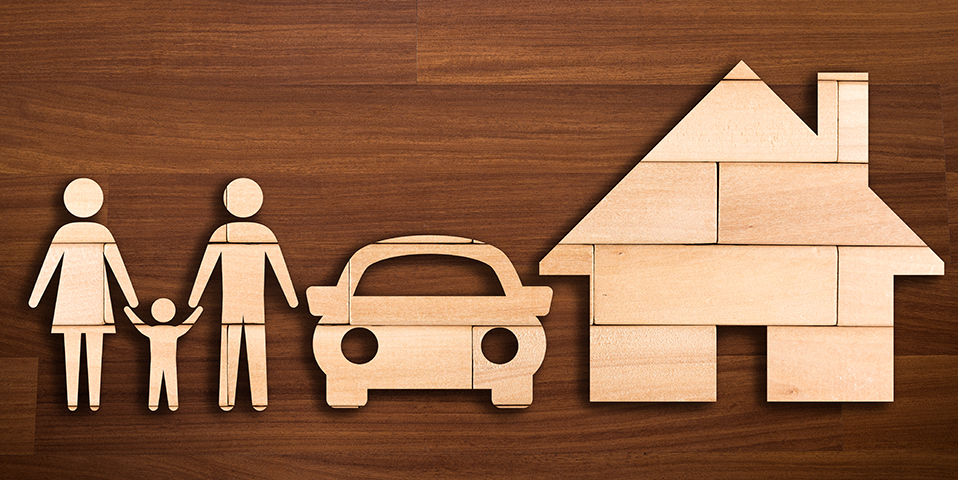MEMBERSHIP
AMPLIFY
EN ESPAÑOL
Connect With Us
- Popular search terms
- Automobile
- Home + Renters
- Claims
- Fraud
- Hurricane
- Popular Topics
- Automobile
- Home + Renters
- The Basics
- Disaster + Preparation
- Life Insurance

Often referred to as excess liability coverage, umbrella insurance is a type of personal liability insurance that provides an additional layer of coverage beyond what standard homeowners, auto, or other vehicle coverage might provide.
An umbrella policy kicks in when you reach the limit on the underlying liability coverage for these policies. It may also cover risks that those policies often do not, such as libel or slander.
You may want to think about umbrella insurance as an extra layer of protection for your assets. If someone sues you, your standard homeowners or auto policy will provide some liability coverage to pay for judgments against you and your attorney's fees–up to the limit set in your policy. However, you may want to have the extra coverage of umbrella insurance in case a judgment against you exceeds your policy limits.
Other reasons to consider umbrella insurance include certain activities and lifestyle risks that can attract the risk of someone suing you, such as:
Since a personal umbrella policy goes into effect after the underlying policy coverage is exhausted, certain limits usually must be met to purchase umbrella coverage. Most insurers will want you to have at least $250,000 of liability insurance on your auto policy and $300,000 on your homeowners policy before selling you an umbrella liability policy for $1 million of additional coverage.